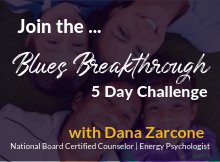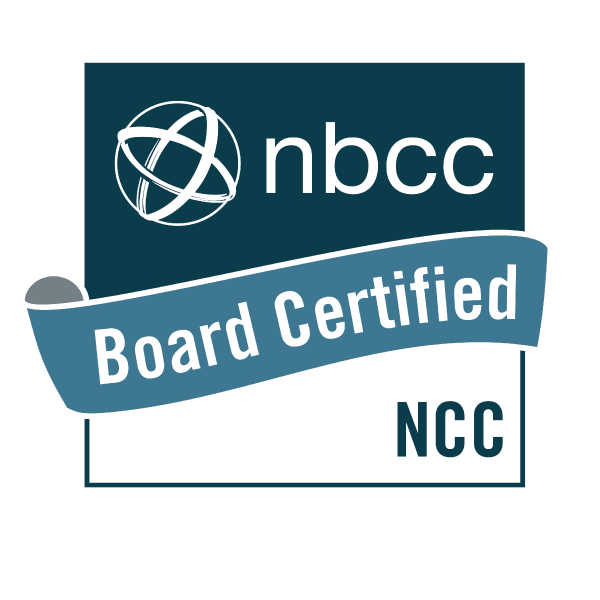Could You Be Suffering with
Clinical Depression?

Clinical depression is ofter used as a "catch all" for describing any form of depressive disorder. However, it's important to note that there is a big difference between being clinical and experiencing extreme states of sadness. There are many different symptoms and they vary depending on the type that you might be experiencing.
Sadness is usually situational and will ebb and flow with daily life experiences. Conversely, a clinical depressive disorder is chronic in nature and has been experienced for weeks, months or sadly enough...sometimes years.
It is more serious than other forms, where the individual has experienced symptoms over a long period of time. There are many different types of depression and they are diagnosed by a mental health professional using a diagnostic tool called the DSM-IV.
If you think you might be suffering with a depressive disorder you can take a depression test to find out.
In order to diagnose my clients I use this tool and I take into account what their symptoms are, how severe they are and how long they have been present. The symptoms of severe depression are different than symptoms of manic depression.
Also, is being depressed a common experience among family members? Does a family history of the illness exist? This helps me to determine if it is a depressive disorder and, if so, what type it might be. More importantly, it helps me to develop an appropriate treatment plan that my client and I an agree on.
If you think you might be suffering from a depressive disorder, I invite you to go through my website and read about the different types of depression, the various types of depression medications and how they work, review the medication checklist , and learn about the various treatments.
Also, it’s important not to diagnose yourself. Take a depression test to get an idea as to whether you might be clinically depressed then seek professional support to determine if you are are for sure.
Please know that if you are depressed, there are so many options out to kick this to the curb! You don't have to live this way the rest of your life. There are many treatment options available to you. Explore your options and decide what works best for you given your situation. Whatever you choose, there is hope, there is help! Don't give up! Get the help you need as soon as possible.










